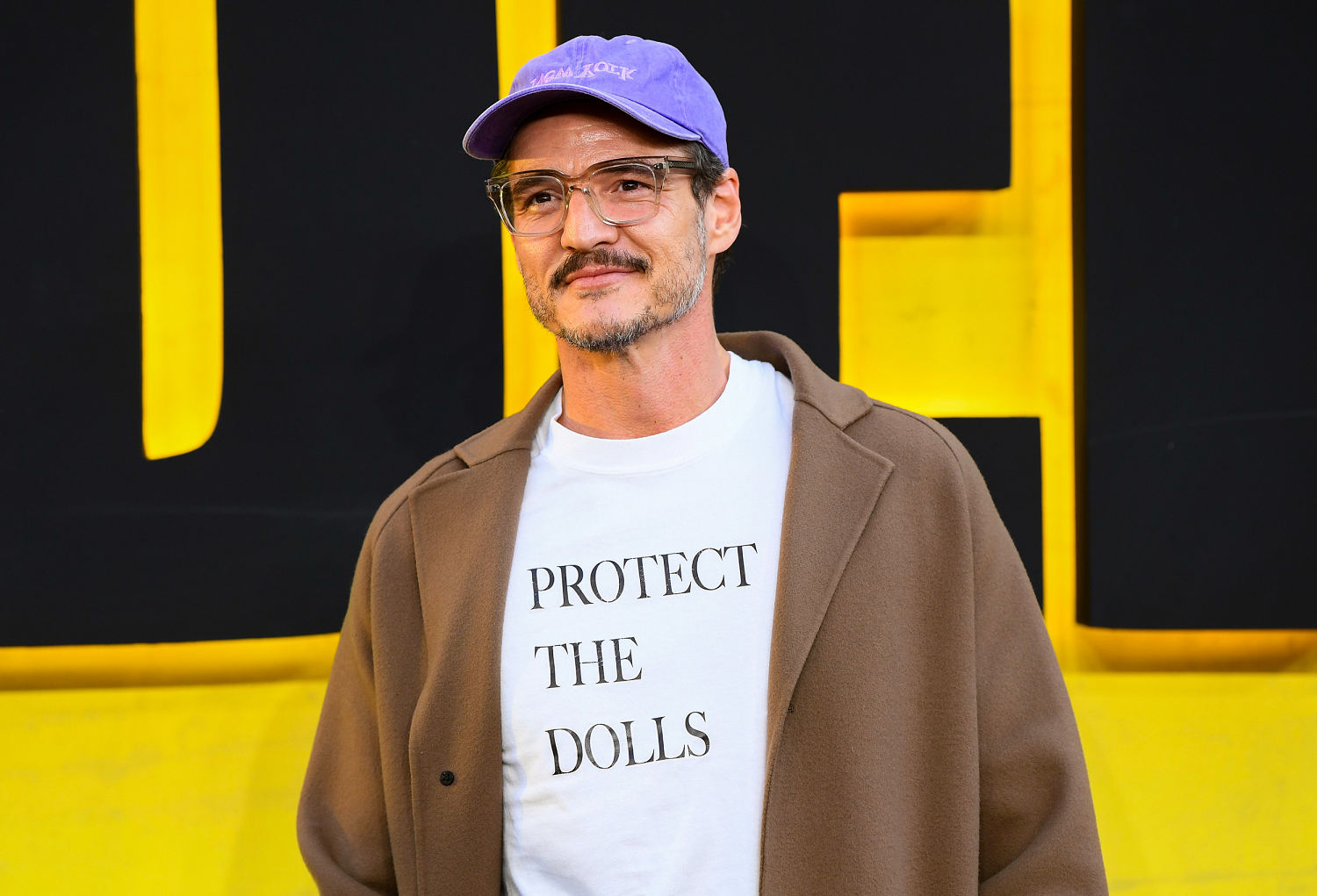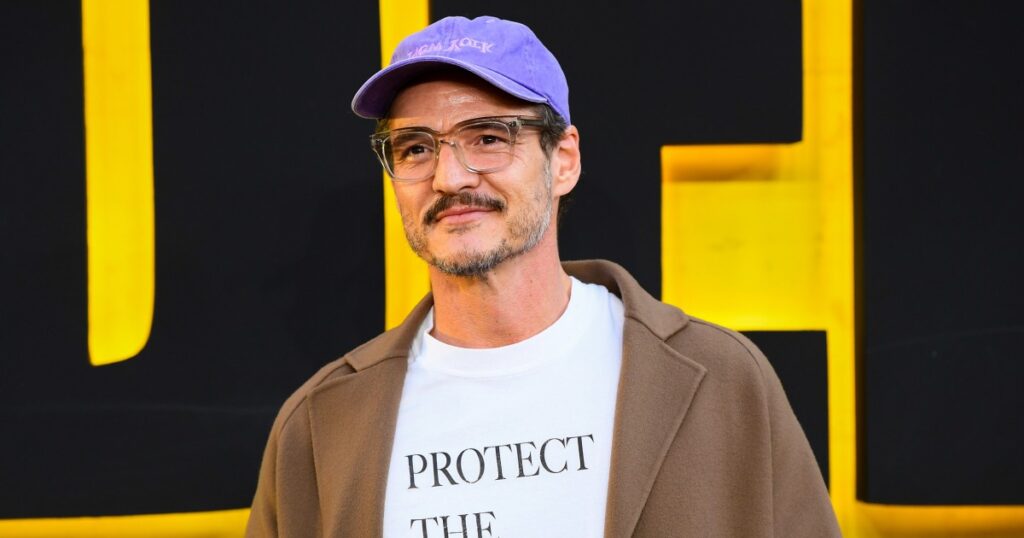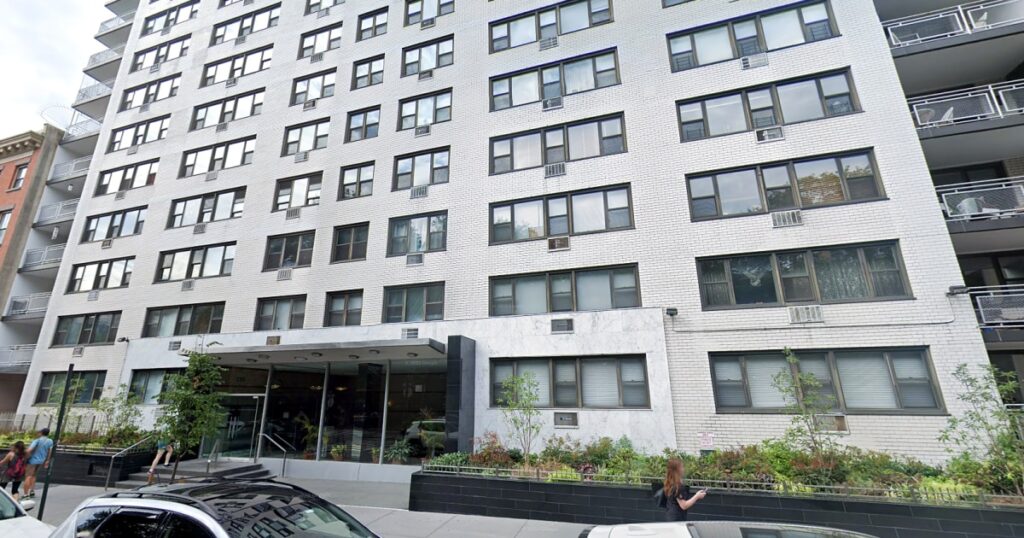
Hollywood heartthrob Pedro Pascal spent some of his time during a Cannes Film Festival press conference for his latest film, “Eddington,” lambasting illegal deportations initiated by President Donald Trump’s administration.
“I want people to be safe and to be protected — and I want, very much, to live on the right side of history,” he said. “I am an immigrant. My parents are refugees from Chile. I, myself, was a refugee. We fled a dictatorship and I was privileged enough to grow up in the U.S. after asylum in Denmark.”
The president’s scapegoating of immigrants and nonwhite Americans has fostered a culture of fear.
Pascal added, “If it weren’t for that, I don’t know what would have happened to us. I stand by those protections, always.”
“The Last of Us” actor concluded with an ardent call to action: “F— the people that try to make you scared, and fight back.”
Pascal’s comments come amid ongoing measures taken by the Trump administration targeting immigrants (including legal residents and U.S. citizens — including toddlers and a young child with cancer). Many of these measures have been deemed illegal by judges across the country. Trump invoked the wartime Alien Enemies Act to facilitate deportations with little-to-no oversight, which the Supreme Court blocked.
The president’s scapegoating of immigrants and nonwhite Americans has fostered a culture of fear; he has emboldened agencies like Immigration and Customs Enforcement to capture and detain people for reasons that appear to be racially and politically motivated and that violate the Constitution.
Beyond standing up for basic human rights, Pascal’s stance, and his larger advocacy for marginalized people, including the LGBTQ community, offer a refreshing, perhaps unexpected expression of masculinity during a time when the most prominent examples of it in this country, espoused by Trump and many of his supporters, are imbued with cruelty. Where toxic masculinity, individualism and nationalism coalesce in MAGA culture, Pascal articulates a masculinity rooted in an ethic of care.
In her article “Masculinity and nationalism: gender and sexuality in the making of nations,” sociologist Joane Nagel explains that the relationship between nationhood and manhood can be seen through, for example, “the interplay between masculine microcultures and nationalist ideology; through sexualized militarism including the construction of simultaneously over-sexed and under-sexed ‘enemy’ men (rapists and wimps) and promiscuous ‘enemy’ women (sluts and whores).” This assessment reads like a playbook for Trump, who announced he was deporting “criminal illegal immigrant[s]” because they were, among other things, “rapists;” who referred to then-Vice President Mike Pence as a “wimp” on Jan. 6, 2021; and who has been accused of “slut shaming” women like Democratic Sen. Kirstin Gillibrand, of New York, for instance.
Pascal, on the other hand, has been a vocal advocate of LGBTQ rights, including for his sister Lux, who is trans. In February, he shared a picture of a poster on Instagram that said, “A world without trans people has never existed and never will,” accompanied by a comment: “I can’t think of anything more vile and small and pathetic than terrorizing the smallest, most vulnerable community of people who want nothing from you, except the right to exist.”
During Marvel’s “Thunderbolts” premier last month, he wore a T-shirt embossed with the words “Protect the Dolls” (a queer-friendly moniker for trans women). This, too, has been a direct contrast to Trump, who has scapegoated and targeted trans people — anti-trans attacks were a substantial part of his messaging in his presidential campaign, and he has signed numerous anti-trans Executive Orders since being sworn into office.
Pascal has also advocated for more authentic representation in Hollywood, pushing back on the essentialization of minority demographics that we so often see stereotyped in TV and film (and which Trump regularly reproduces in his rhetoric).
This ethic seems to translate interpersonally, too: Pascal made headlines in March for posting a picture of himself cuddling fellow actor and friend Oscar Isaac, for the comfortable show of “nontoxic masculinity.”
Sure, Pascal has that megawatt smile, but his expression of masculinity, rooted as it is in an ethic of care, is in large part what has garnered him zaddy status. He is proof positive that there are few things hotter — or more manly — than caring for others.



